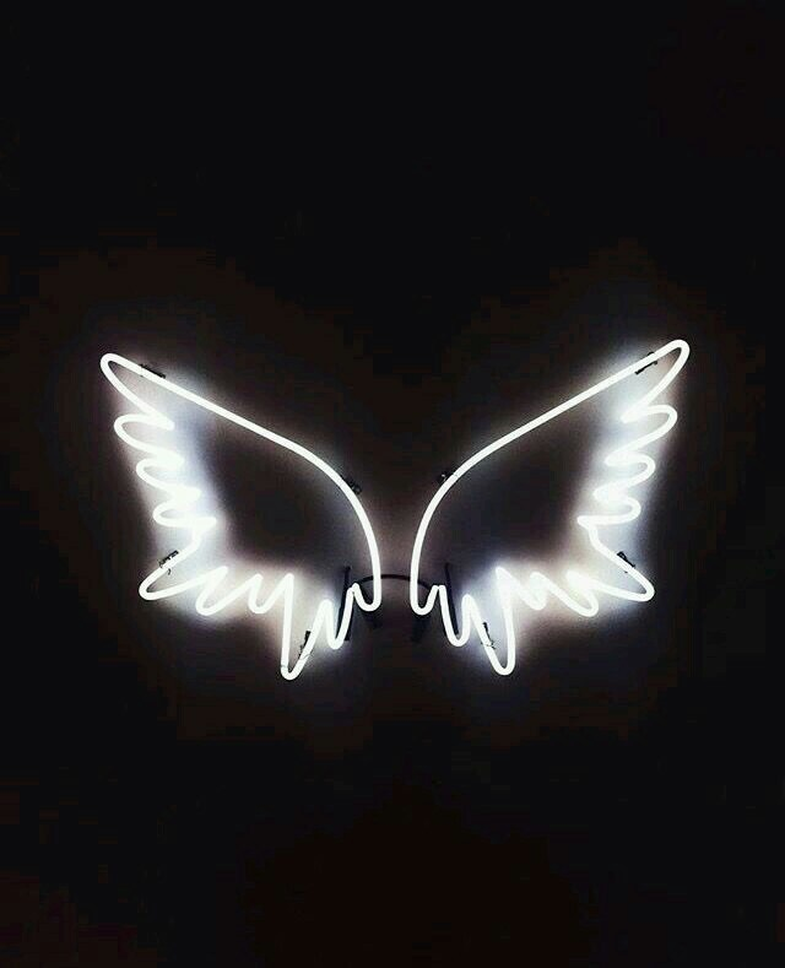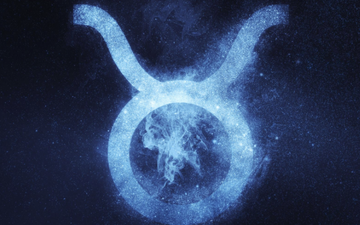
Niktophobia is an extreme fear of the night or darkness that can cause severe symptoms of anxiety and depression. A fear becomes phobia when it is excessive, irrational or affects your daily life.
Fear of the dark often begins in childhood and is seen as a normal part of development. Studies focused on this phobia have shown that people are often afraid of the dark for lack of any visual stimuli. In other words, people may be afraid of the night and the darkness because they cannot see what is around them. Some fears are normal, but when it starts to affect your daily life and sleep patterns, it may be time to visit your doctor.
The symptoms you may experience with nicotophobia are similar to those of other phobias. People with this phobia experience extreme fear that causes anxiety when they are in the dark.
Physical symptoms include:
- breathing problems
- rapid heartbeat
- tightness or chest pain
- trembling or tingling sensation
- dizziness
- stomach upset
- sweating
Emotional symptoms include:
- anxiety
- panic
- disconnection from reality
- loss of control
- feeling like you are going to die
- being powerless
Being afraid of the dark does not necessarily mean that you have a phobia. To understand the difference, keep in mind that the fear of the dark does not affect your daily life.
Some phobias do not necessarily require treatment, especially if your fear is of something you do not normally encounter in daily life. On the other hand, nicotophobia can make it difficult to sleep. This can affect overall health and lead to sleep disorders. Therapies that are advised are exposure therapy, cognitive therapy, relaxation, meditation, but it is always advisable to talk to a specialist doctor in advance.
Source: Healthline





